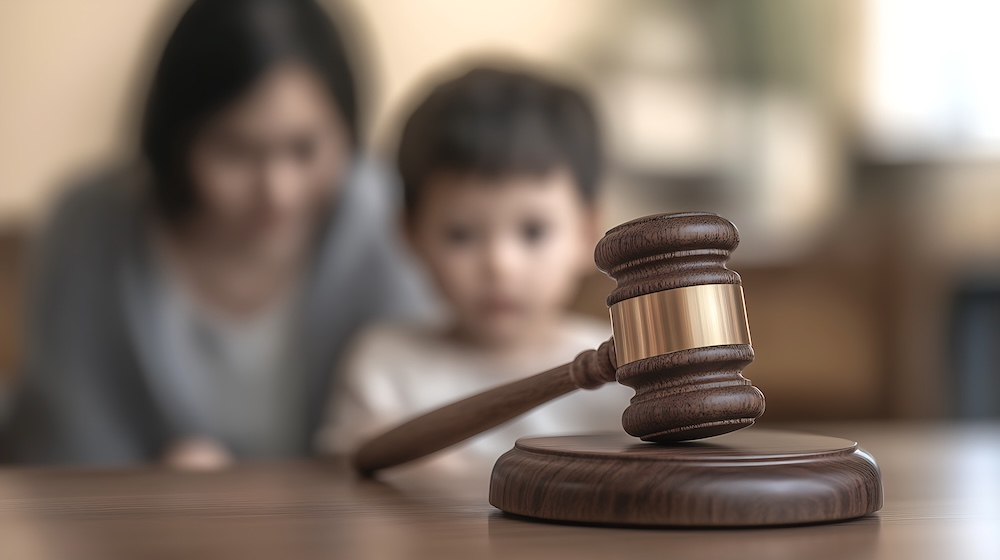What is a guardian ad litem? In Illinois family law matters involving children, the concept of the best interest of the child is at the heart of everything. An ideal situation is one in which both parents are able to come to an quick and easy agreement as to what is in the best for their children, along with a detailed a plan for how they will co-parent across two homes.
When disputes involving these topics become particularly contentious or complex, the court may appoint a Guardian ad Litem (GAL) to assist in determining what arrangement best serves the children. The GAL plays a pivotal and sometimes misunderstood role, especially in high-conflict cases.
What Is a Guardian ad Litem?
A guardian ad litem is an attorney appointed by the court under 750 ILCS 5/506 to investigate and report on the circumstances affecting a minor child. A GAL does not serve as an advocate for the child’s expressed wishes. Instead, the GAL is considered the “eyes and ears of the court,” tasked with conducting a thorough investigation and making recommendations based on the child’s best interest.
Appointment and Scope of a GAL
The GAL is typically appointed in proceedings involving allocation of parental responsibilities (formerly known as custody), parenting time (formerly known as visitation), or relocation. The order appointing the GAL outlines the scope of their role and authority, including topics to be in investigated, as well as access to the child, both parents, teachers, medical providers, and other relevant individuals.
Investigative Duties
A GAL’s investigation may include:
- Interviewing both parents and the child(ren)
- Observing parent-child interactions
- Conducting home visits
- Consulting with schools, therapists, doctors, DCFS, or other relevant professionals
- Reviewing relevant records (educational, psychological, medical, and the like)
- Gathering collateral information from extended family or other professionals
Once the investigation is complete, the GAL will deliver her report to the Court, along with her recommendations for co-parenting. The GAL may also be called as a witness and is subject to cross-examination at trial or hearing.
Practical Considerations for Parents
For parents, understanding the GAL’s role is essential:
- Parent cooperation is crucial. You are encouraged to be transparent, respectful, and child-focused when interacting with the GAL.
- Preparation matters. Gather relevant documents and be prepared to articulate your parenting strengths and concerns without unnecessarily disparaging the other parent.
- Information is key. A GAL often will not know the child is experiencing an issue unless you raise it – keep in communication with new concerns, updates, and information as they come to you, and provide any supporting documentation to aid her investigation.
Conclusion
The appointment of a GAL can be a turning point in family law litigation. While some parents may view the GAL as another obstacle, in truth, a well-trained GAL can be helpful in reaching a resolution and can serve as a stabilizing force in the courtroom. For parents, understanding the GAL role and how to effectively work with her will go a long way in resolving disputes constructively — always with the child’s best interest front and center.
Like this article? Check out “Child Support: Your Guide”




















